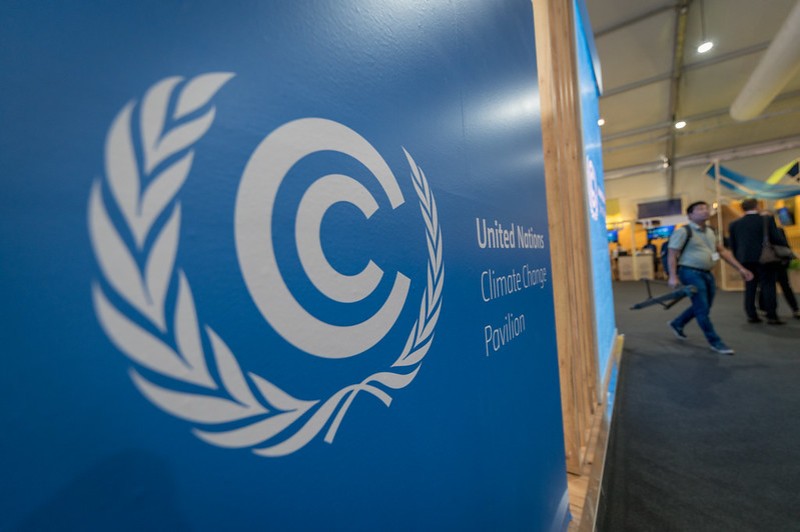*By Peter Pavlovic
The UN Framework Convention on Climate Change has been endorsed by all countries of the world. The 27th conference started on 6 November in Sharm El Sheikh, Egypt, with all parties that signed the Convention.
Climate change is continuing and, in spite of efforts and promises made, we are still far behind what is needed to limit global warming to 1.5 degrees, the level acknowledged as acceptable for sustaining life as we know it on the planet without a significant change. The main tasks determining the agenda of the meeting are underlining the urgency of global action and the equitable and fair distribution of efforts required to achieve the aim.
Two questions will dominate the negotiations of world leaders, diplomats and experts, energy security and finance. The first is the guarantee of access to energy as a basic need. The second is the increasing demand of energy to accompany life in a growing industrialised society.
Recent years have proved that it is possible to produce energy without excessive production of carbon dioxide, the gas mainly responsible for global warming. This period has further proved that energy saving and the limitation of energy consumption is possible in developed countries. How do we now transpose this knowledge to a significant reduction of carbon gas production? How do we produce energy without harm to the environment? And how do we reduce our need for energy?
Secondly, developing countries expect fair and just contributions from developed countries to finance efforts towards the transition to low-carbon economies, responding to the promises made in filling the climate fund, as well as financing loss and damage caused by climate change. To discern a path forward in the midst of divergent demands is a challenging brief. The presence of world leaders at COP27 underlines the importance of the task. No country should be spared the effort, no country should stand aside from fairly contributing to this task.
Civil society and the role of the churches
Civil society is an important factor in these efforts. Numerous activities and the strong voice of civil society actors remind political decision-makers of their responsibility. Churches and faith communities are increasingly visible in the process. Climate change and a sustainable future are not limited to tasks for politics, business and industry. These are existential concerns, determined also by ethical choices and preferences. Religions have much to contribute.
The Conference of European Churches (CEC) and the European Christian Environmental Network (ECEN) are part of these efforts. An ecumenical team, under the leadership of the WCC, is accompanying negotiations. Through specific on-the-spot activities, including the ecumenical worship service and interfaith dialogue, church representatives are clarifying and making their voices heard on what churches’ concerns are in relation to climate justice.
“Let justice roll on like a river, righteousness like a never-failing stream” (Amos 5:24). For churches, the connection between care for creation and justice is a natural one. The joint churches’ voice, comprising of the diverse experience of all continents, as well as concerns of indigenous communities, is part of the concerted effort being presented at COP27.
The conference will end on18 November. And with it bring an expectation of results that will bring us closer to an acceptable management of global warming for all.
*Rev. Dr Peter Pavlovic, from CEC and ECEN, is a member of the ecumenical team, led by the WCC at COP27 in Egypt.
Learn more: COP27: A call for climate solidarity pact
Learn more: COP27, the situation is difficult but not hopeless
